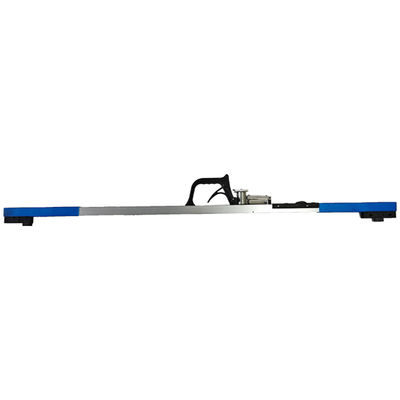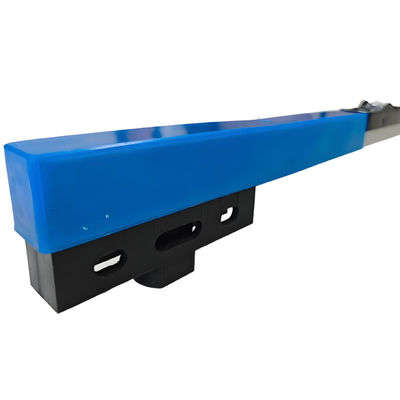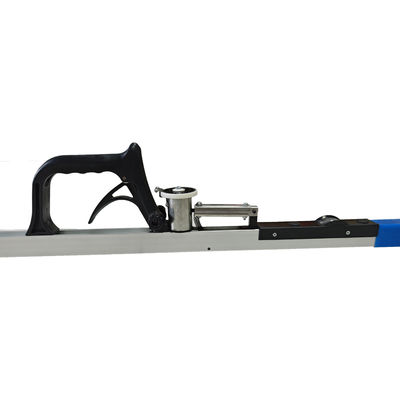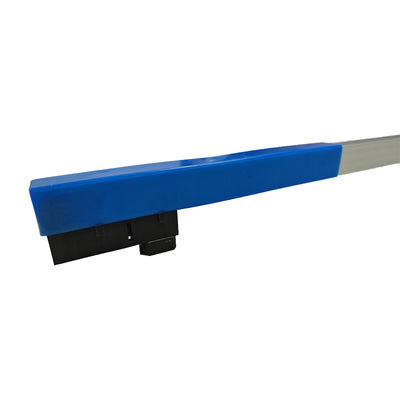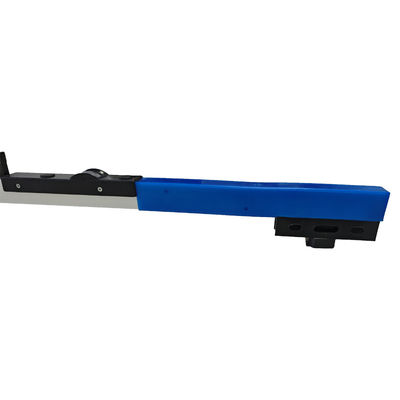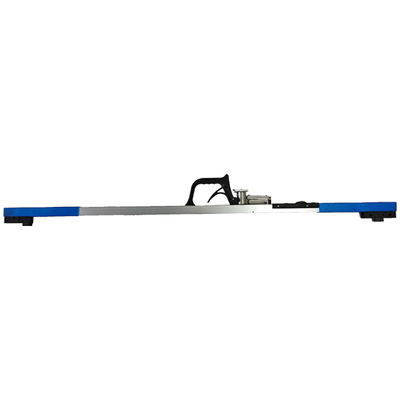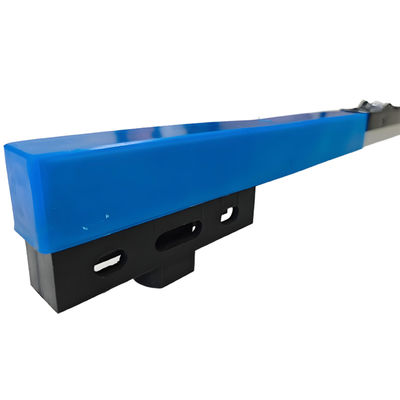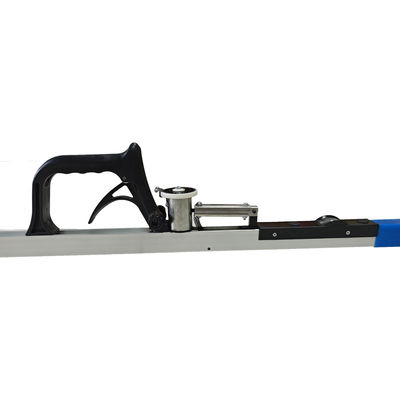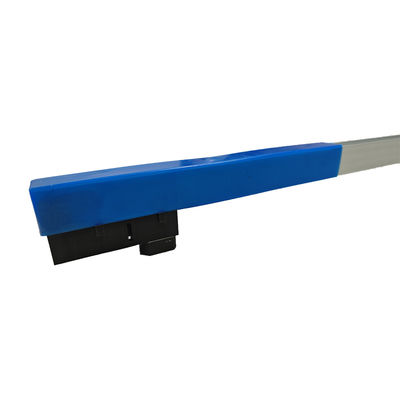-
 조나트하스그들이 제안한 연결기는 오래된 것들을 대체하도록 사실상 적당합니다. 가격은 스헴을 받기 위해 앞으로 합리적이고 보입니다.
조나트하스그들이 제안한 연결기는 오래된 것들을 대체하도록 사실상 적당합니다. 가격은 스헴을 받기 위해 앞으로 합리적이고 보입니다. -
 호세내가 모두 정확하게 한 DF8B 예비품. 생산 소요 시간은 빠르고 언제든지 나 햇빛이 찬란한 문제가 있고 나를 돕기 위해 여기에서 항상 있습니다. 상당히 그녀에게 감사하고,와 다시 우리의 미래의 협력을 기대합니다.
호세내가 모두 정확하게 한 DF8B 예비품. 생산 소요 시간은 빠르고 언제든지 나 햇빛이 찬란한 문제가 있고 나를 돕기 위해 여기에서 항상 있습니다. 상당히 그녀에게 감사하고,와 다시 우리의 미래의 협력을 기대합니다.
Analogue Track Gauge

무료 샘플과 쿠폰을 받으려면 연락하세요.
whatsapp:0086 18588475571
웨이 채팅: 0086 18588475571
스카이프: sales10@aixton.com
걱정이 있으시면 24시간 온라인 서비스를 제공합니다.
x| 제품 이름 | 트랙 게이지 | 초등분의 부서 값 | 1.0 mm |
|---|---|---|---|
| 게이지 디비전 값 | 1.0 mm | 최대 크로스 레벨 제로 오류 | ± 0.65 mm |
| 강조하다 | 1.0 mm Superelevation Division Track Gauge,1.0 mm Gauge Division Rail Gauge,±0.65 mm Maximum Cross-level Zero Error Analogue Track Gauge |
||
Product Description
Rail Gauge (or Track Gauge), a specialized measuring instrument used to measure the gauge (distance between two rails) and level (horizontal alignment) of railway tracks. It is an essential tool for railway construction and maintenance, enabling accurate measurements of track parameters such as gauge width, superelevation, and cross-level. Widely applied in mainline railways, regional railways, subways, urban rail transit systems, mining operations, steel plants, and other track-based infrastructure for maintenance and inspection purposes.
Measurement of track gauge:
When measuring, securely place the gauge's probes against the inner sides of both rails, positioned 16 mm below the top surface of the rail head. Slowly slide the gauge forward or backward along the track, gently actuating the moving probe to observe the minimum reading. Repeat minor adjustments to confirm the lowest value, and record this minimum reading as the definitive measurement. For example, since the standard gauge for most railways is 1435 mm, calculate the deviation by subtracting the measured value from 1435 mm (e.g., at specific locations like the #9 switch toe, where the reference gauge is 1450 mm, compare to 1450 mm instead). A positive deviation (wider than standard) is denoted as "+", while a negative deviation (narrower than standard) is denoted as "-". The "+" symbol may be omitted during data recording for simplicity.
Superelevation Measurement
Identify the reference rail (for clarity in this explanation, assume it is the lower rail) and position the gauge such that its rear side aligns with the reference rail. Align the level compass needle with zero. Check if the spirit level bubble is centered within the graduation Lines. If centered, the cross-level of the opposite rail (upper rail) is zero. If the bubble deviates toward the upper rail, the cross-level is positive ("+"); if toward the lower rail, it is negative ("-"). Adjust the graduated compass dial until the bubble is centered, then record the reading. To minimize parallax error, ensure your line of sight is perpendicular to the scale when reading the value.
Usage Precautions
· Handle the instrument with care during use to avoid impacts or collisions.
· When the instrument is not in use, store it in a secure location away from heat sources and humid environments.
|
Product Performance |
Reference Value |
|
Suitable for Standard Gauge (1435 mm) Railways with Operating Speeds |
≤ 160 km/h |
|
Gauge Measurement Range for 1435 mm Standard Gauge |
1410-1470mm |
|
Measurement Range for 1391 Parameter |
1381-1401mm |
|
Measurement Range for 1348 Parameter |
1338-1358mm |
|
Superelevation (Cross-level) Measurement Range |
-150 - +150mm |
|
Superelevation Division Value |
1.0 mm |
|
Gauge Division Value |
1.0 mm |
|
Maximum Cross-level Zero Error |
±0.65 mm |
![]()
![]()
![]()
![]()



